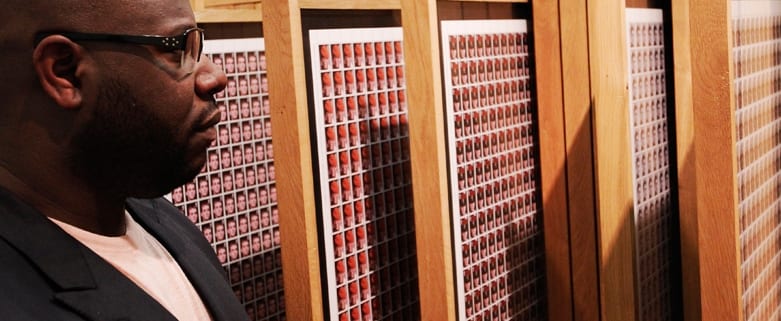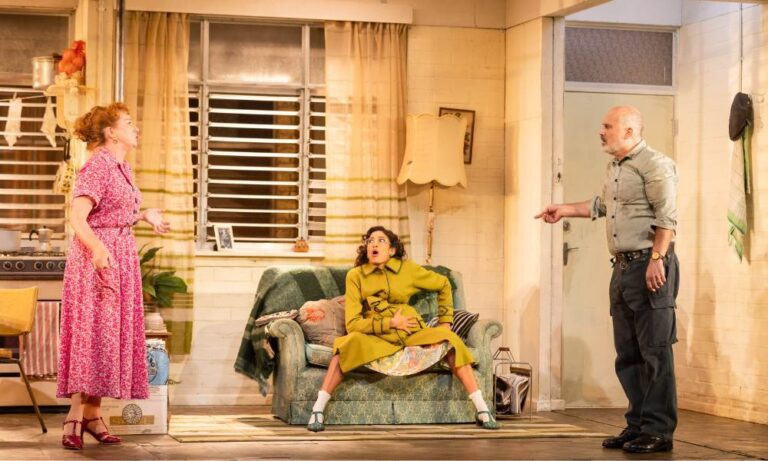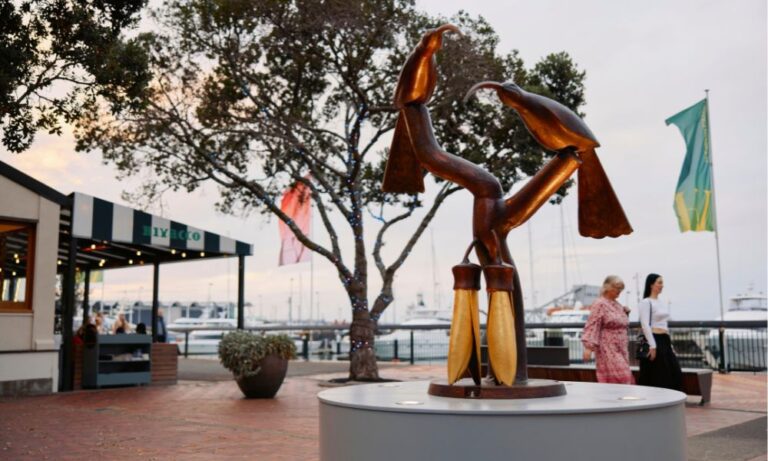Presenting his installation made as official war artist for Iraq at the National Portrait Gallery in London on Thursday, McQueen urged the public and media to back his campaign, which has fallen on deaf ears at the Royal Mail.
“What’s important about this presentation today is that we need your help,” he told reporters as he stood beside an oak cabinet containing 120 vertical draws, each holding a facsimile of a sheet of stamps with the image of a soldier killed in Iraq.
“We’re trying to do the right thing, we’re trying to do the honourable thing and get these stamps issued,” he added.
“We’re not interested in sensationalism, we’re not interested in anything other than doing the right thing.”
McQueen has spoken of his frustration with the Royal Mail, and said that the majority of families of soldiers killed in the Iraq conflict supported the idea of the stamps.
The number of British troops killed in Iraq since the US-led invasion in March 2003 is 179, and 275 more have died in action or in accidents in Afghanistan since 2001.
Britain has withdrawn almost all of its troops from Iraq, but the fact that soldiers are still serving and dying in Afghanistan means the issue is a raw one for families and the broader public.
“FITTING MEMORIAL”
Roger Bacon, father of Major Matthew Bacon who was killed by a roadside bomb in Iraq in 2005 aged 34, is one of those who supports McQueen’s initiative.
He said a “fitting memorial” would be “that other people, as they go about their daily lives, could see our wonderful son and all those other wonderful sons and daughters on the stamps and realise that the ultimate sacrifice had been made in the name of their country.”
But the Royal Mail, which decides what appears on postage stamps, said in a statement that its own independent survey of soldiers and families showed that more than 75 per cent did not want to use images of the deceased.
They “felt it would be both distressing and disrespectful to use images of recently deceased servicemen and women particularly because of the way they are cancelled/defaced with ink as they pass through our sorting equipment and also because used stamps are mostly binned.
“The responses reveal that an iconic emblem like the poppy, which is currently available on a special stamp, is seen as a positive image by almost three quarters of those surveyed.”
McQueen’s work, entitled “Queen and Country”, is described as a work in progress as more images are added over time.
The artist spent six days with British troops in the Iraqi city of Basra in 2003 and began work on the installation in 2006. It now contains images of 160 soldiers and will be on display at the National Portrait Gallery from March 20 – July 18.
A Queen and Country book has also been published by the British Council featuring images from the artwork and a poem from Nobel Prize winner Derek Walcott.
Reuters







